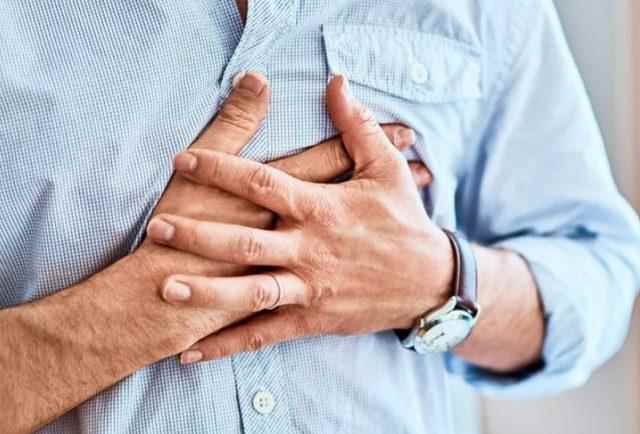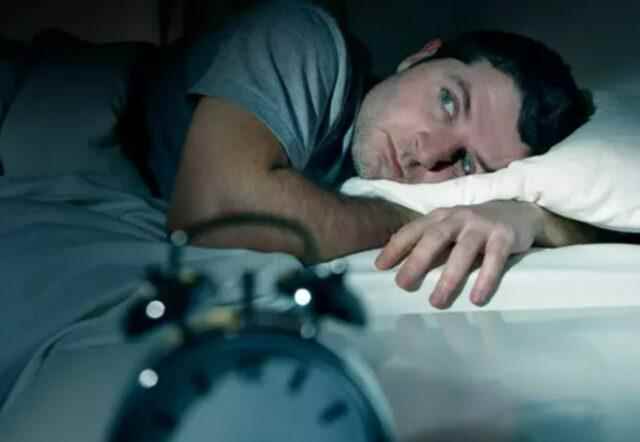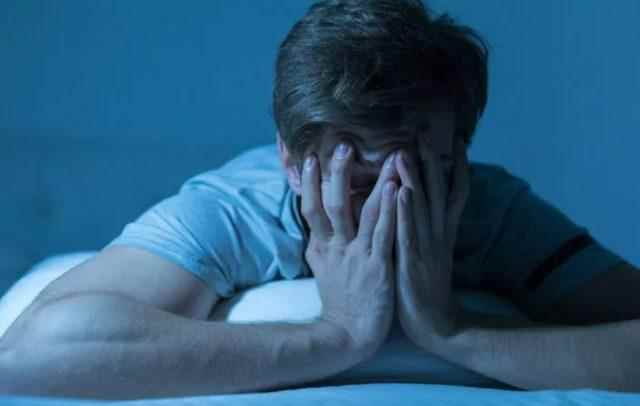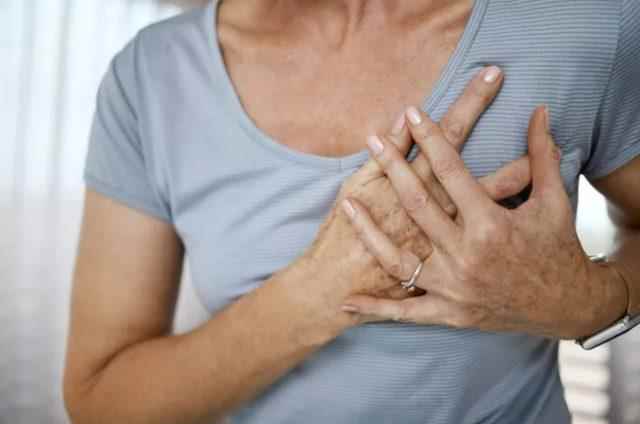There are millions of people who die from heart attacks every year. The sudden onset of a heart attack often delays intervention. However, in some cases, symptoms can be an early warning sign of a heart attack. Studies have shown that the deadliest heart attacks occur in the morning.
RISK OF DEATH MORE THAN 20 PERCENT
In a Harvard Medical School study, researchers found that having a heart attack in the morning was associated with 20 percent more heart tissue death. Findings from a 2011 study published in the journal Heart show that heart attacks that occur between six in the morning and noon are the deadliest.
“In our study, events that occurred in the morning were associated with greater damage. The link is arguably quite strong,” said Borja Ibanez. The Harvard Medical School study was one of the first to establish a strong link between circadian rhythms and heart attack risk. Now, there are many follow-up studies that strengthen the findings.
HIGH RISK OF BLOOD CLOTS THAT CAN CAUSE A HEART ATTACK
A study published in Trends in Endocrinology and Metabolism in 2020 showed that disruption of the circadian system caused by modern lifestyles negatively impacts cardiovascular function. It is believed that in the morning the circadian system sends out higher numbers of PAI-1 cells, which prevents blood clots from breaking down. The higher the level of PAI-1 cells in the blood, the greater the risk of forming a blood clot that can cause a heart attack.

Harvard Medical School research determined that patients who had a heart attack between six in the morning and noon had higher PAI-1 cells compared to patients who had a heart attack later in the day.
THESE SITUATIONS INCREASES THE RISK OF HEART ATTACKS

Professor Srinath Reddy warns that certain habits can increase this risk. If a person has several underlying coronary risk factors, does not sleep well, is dehydrated, and exercises, it can cause a rupture and trigger the formation of a large clot. Therefore, there are two ways to fight the risk of heart attack in the morning. The trick is to get a good night’s sleep and delay morning exercise.
LESS THAN SEVEN HOURS SLEEP INCREASE RISK

The U.S. Centers for Disease Control and Prevention (CDC) explains that adults who get less than seven hours of sleep each night have a higher risk of heart-related health problems. However, bearing in mind that sleep deprivation can contribute to blood pressure problems, which are well-known precursors of heart attacks, the emphasis here is on the quality and duration of sleep.
EXERCISES MUST BE DONE LIGHTLY
Those with a flexible work schedule are also recommended to exercise in the afternoon or start light exercise in the morning. High-intensity exercise can acutely increase the risk of cardiac arrest or death at the expense of circulation. “Chronic extreme sports training and competing in endurance events can lead to heart damage and arrhythmias,” says the Cleveland Clinic.

HEART ATTACK SYMPTOMS
Pain in the form of points in the rib cage; restlessness, pressure, tightness, feeling of heaviness; palpitations, chest pain radiating to the jaw, neck, left shoulder, and arm; dizziness, fainting, fainting, nausea, cold sweat, shortness of breath shows symptoms.
